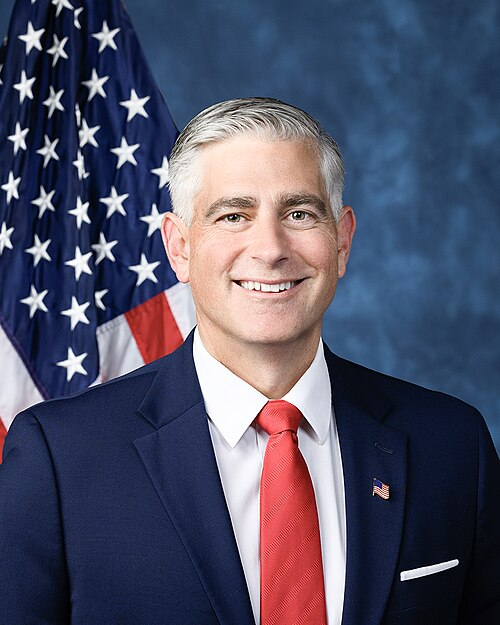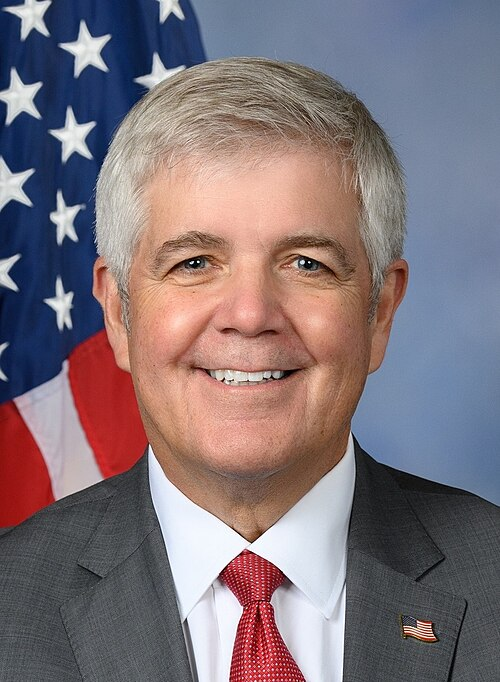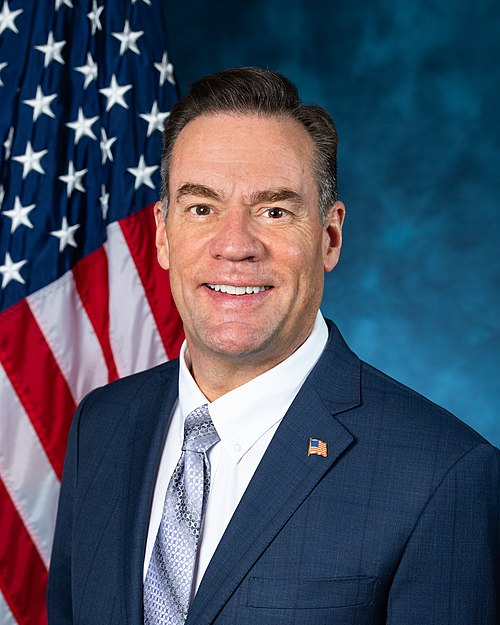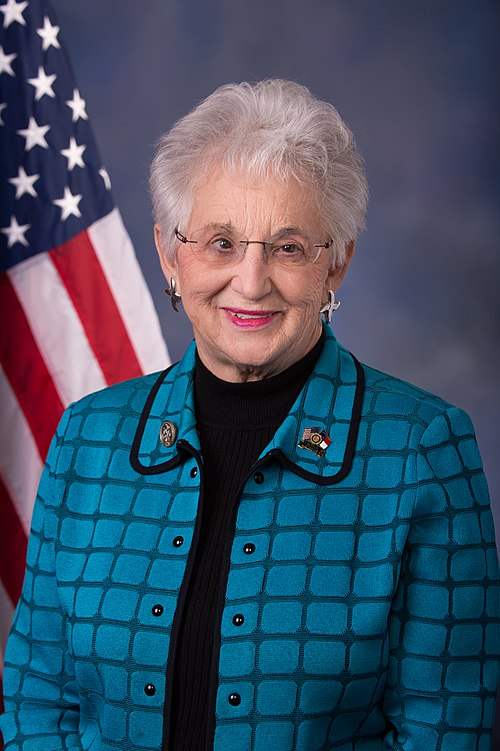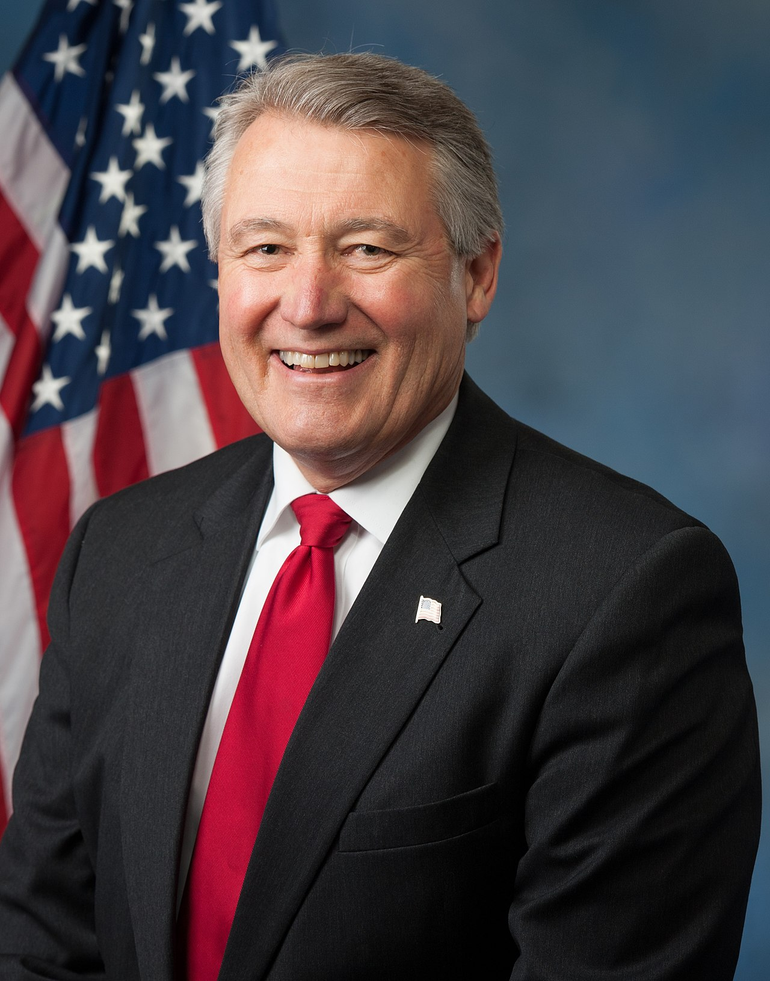H.R. 2074: Protecting Our Water Energy Resources Act
This bill, titled the Protecting Our Water Energy Resources Act (or POWER Act), aims to regulate the breaching of federally operated dams and the retirement of federally operated energy generation sources, specifically hydropower facilities. Below are the key provisions of the bill:
Prohibition on Breaching of Federally Operated Dams
The bill restricts the Secretary of the Army from breaching a federally operated dam unless certain conditions are met:
- The breach would not lead to:
- More than a 5% increase in carbon emissions.
- A decrease in navigability for commercial interests of the affected body of water.
- A price increase of more than 5% on products shipped via that waterway, including agricultural products.
- If the energy source intended to replace the dam occupies more land than the dam itself in excess of 5%.
The Secretary must consult the Secretary of Energy, Secretary of Transportation, Secretary of Agriculture, Secretary of Commerce, and relevant state agencies when determining the potential impacts of breaching a dam.
Study Requirement
If the Secretary considers breaching a dam, a study must be conducted, in collaboration with the Secretary of the Interior, to assess how much land the dam occupies.
Prohibition on Retirement of Energy Generation Sources
The bill prohibits the retirement of energy generation sources if:
- Such retirement would cause customer electricity rates to rise by more than 5%.
- It would decrease energy reliability in certain western states (Washington, Oregon, Idaho, Montana, Wyoming, and California) by more than 5%, as determined by the Bonneville Power Administration.
Replacement of Baseload Generation
Upon retiring any energy generation source, the Secretary is required to ensure that at least 100% of the baseload generation capacity that was lost is replaced within 30 days.
Definitions
Key terms used in this section include:
- Baseload generation: The minimum amount of electric power supplied to the electrical grid.
- Energy generation source: A federally operated dam generating hydropower.
- Secretary: Refers to either the Secretary of the Interior or the Secretary of the Army, depending on the dam's management.
Relevant Companies
- NEE: NextEra Energy, which operates a significant number of hydropower facilities and may be impacted by restrictions on dam operations.
- DUK: Duke Energy, involved in hydropower generation, could face implications from the bill's provisions regarding energy generation sources.
This is an AI-generated summary of the bill text. There may be mistakes.
Sponsors
4 bill sponsors
Actions
3 actions
| Date | Action |
|---|---|
| Mar. 11, 2025 | Introduced in House |
| Mar. 11, 2025 | Referred to the Committee on Transportation and Infrastructure, and in addition to the Committee on Natural Resources, for a period to be subsequently determined by the Speaker, in each case for consideration of such provisions as fall within the jurisdiction of the committee concerned. |
| Mar. 11, 2025 | Referred to the Subcommittee on Water Resources and Environment. |
Corporate Lobbying
0 companies lobbying
None found.
* Note that there can be significant delays in lobbying disclosures, and our data may be incomplete.

